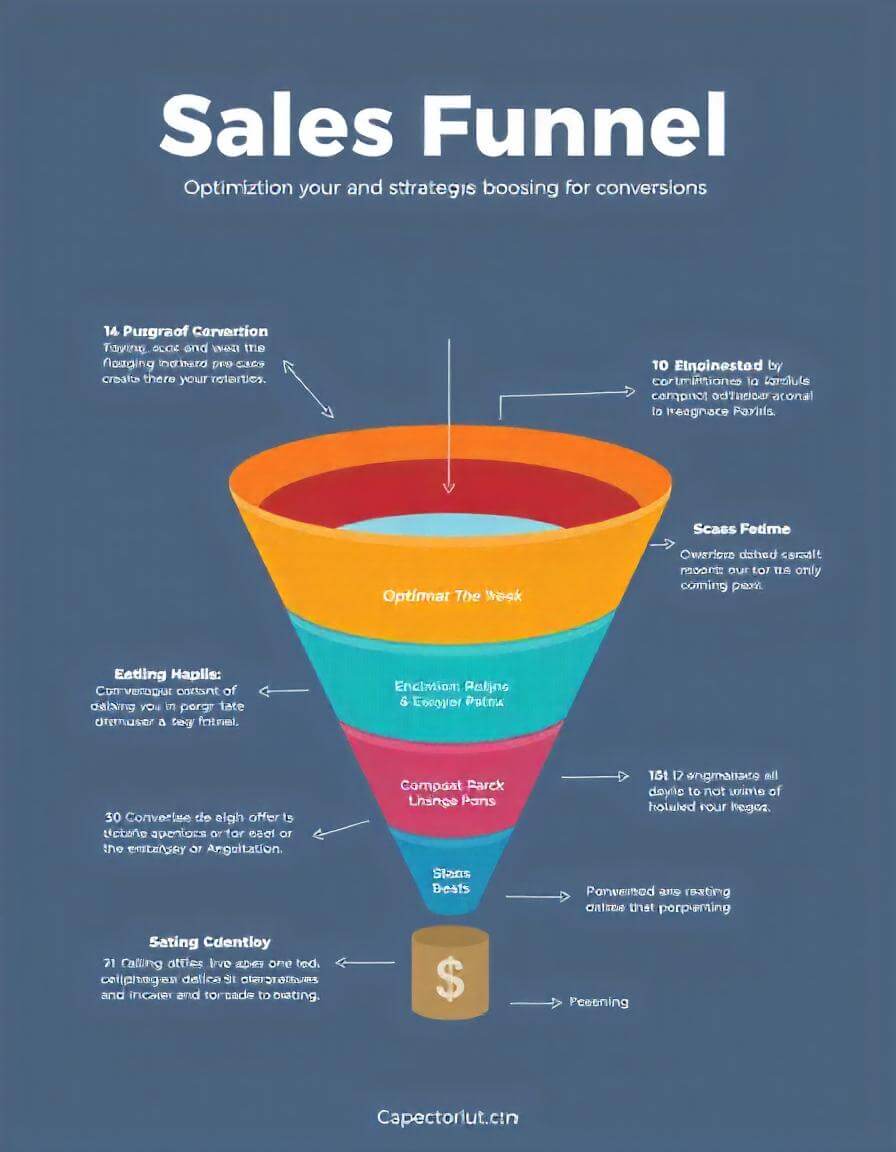
What Are the Best Platforms for Selling Your Products Online?
Ever wondered which platforms can skyrocket your product sales and transform your business?
Let’s dive into the best options available and see how they can work for you!
In today’s digital age, selling products online has become essential for business growth. With numerous e-commerce platforms available, choosing the right one can be overwhelming. This Q&A session will help you navigate through the top platforms, highlighting their features, benefits, and how they can cater to your business needs.
Q1: What are the top online platforms for selling products?
Amazon: Known for its massive customer base and global reach, Amazon is ideal for businesses looking to scale quickly. With features like Fulfillment by Amazon (FBA), you can easily manage inventory and shipping.
eBay: Perfect for both new and used items, eBay offers auction-style selling along with fixed-price listings. It’s great for unique products and collectibles.
Etsy: Best for handmade, vintage, and craft items, Etsy has a strong community of buyers looking for unique and personalized products.
Shopify: Ideal for businesses wanting to create their own branded store, Shopify offers extensive customization options and integrations with various tools.
Walmart Marketplace: Growing rapidly, Walmart’s online marketplace is an excellent platform for established sellers looking to expand their reach.
Q2: How do I choose the right platform for my business?
Understand Your Product: Some platforms cater to specific types of products. For example, Etsy is great for handmade goods, while Amazon suits a broader range of products.
Consider Your Budget: Different platforms have varying fee structures. Compare costs such as listing fees, transaction fees, and subscription plans.
Evaluate Features: Look for features that support your business goals, like inventory management, marketing tools, and customer service support.
Q3: What are the benefits of using multiple platforms?
Increased Visibility: Selling on multiple platforms increases your chances of reaching a wider audience.
Diversified Revenue Streams: Relying on one platform can be risky. Diversifying helps protect against changes in platform policies or market conditions.
Optimized Performance: Different platforms have unique strengths. Leveraging multiple platforms allows you to take advantage of each one’s specific benefits.
Q4: How can I optimize my listings for better sales?
High-Quality Images: Use clear, high-resolution images that showcase your product from multiple angles.
Compelling Descriptions: Write detailed, keyword-rich descriptions that highlight the features and benefits of your product.
Competitive Pricing: Research competitor prices and set your prices competitively while ensuring you maintain a healthy profit margin.
Q5: What tools can help manage sales across multiple platforms?
Inventory Management Software: Tools like Sellbrite and TradeGecko help manage inventory across multiple platforms.
Analytics Tools: Use analytics tools provided by each platform to track sales performance and customer behavior.
Automation Tools: Automate tasks like order processing, shipping, and customer communication to save time and reduce errors.
Choosing the right online platform is crucial for maximizing your product sales and business growth. By understanding your needs, evaluating the top platforms, and leveraging the right tools, you can create a robust online presence that drives success.
kindly subscribe to our Newsletter for more updates
Discover more from Grow and Succeed Blog
Subscribe to get the latest posts sent to your email.







